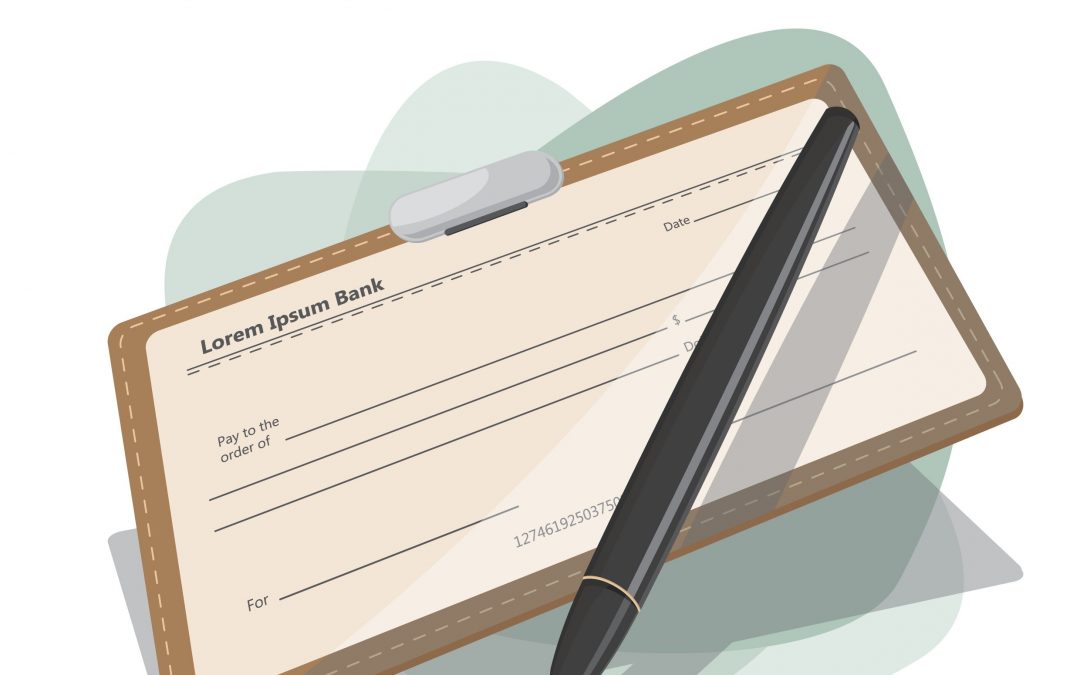
Should I Add My Child to My Bank Account?
By adding someone else to your bank account, you are giving them an ownership interest in whatever deposits you make into the account. What I often see is that the parent is the only one making deposits, but the child is handling transactions, usually to the parent’s benefit but sometimes in a way that might later be called into question.
Joint checking accounts with your children pose many issues
In the process of counseling clients, I often learn that an adult child has been added to a parent’s bank account as a joint owner. If this is something that you have been considering, please think again. While it can be fine under some circumstances, it can also cause problems down the road.
You will be responsible for your child’s unpaid debts
One danger to this is that if the adult children have an ownership interest in the account, and the child has unpaid debts, a creditor might try to collect the money owed to them out of the joint account, even though all the money belongs to Mom or Dad!
Your children will have issues with getting an equal share of your inheritance
Another sticky point of adding a child to a bank account is if you have more than one child. Often parents want their children to inherit equally and make arrangements for that through their wills or beneficiary designations. However, most joint bank accounts include a right of survivorship on the account paperwork so that if one account owner dies, the other account owner can continue using the account and gets to keep any money in the account. If you intend for your children to inherit equally, but only one of them gets the money in your bank account, that might cause some resentments and even lawsuits.
Give your children powers of attorney for finances instead
So what should you do instead? In most cases, I recommend designating someone you trust with your money to act as your attorney-in-fact for financial matters. By signing a Power of Attorney, this person will have the ability to manage your banking transactions, but will not have an ownership interest in your accounts that could cause the problems described above.
If you’re interested in obtaining a Power of Attorney or other estate planning documents, contact us to see how we can help.